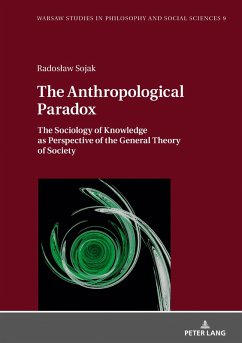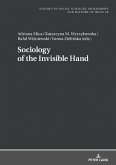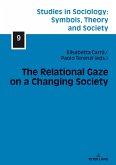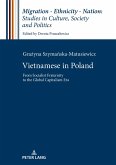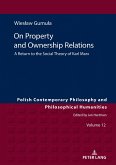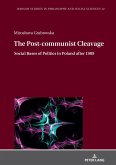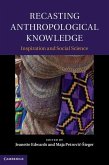This book seeks to analyse the categorial structure of sociological theory. The analysis is based on three assumptions: first, sociological theory is in a state of structural crisis; second, one of the symptoms of the crisis is the existence of many theoretical dichotomies which hinder the unification of sociological knowledge; and third, sociology of knowledge may analyse the causes of sociological theory's structural crisis. Drawing on Foucault's work, the author defines the source of theoretical crisis as an anthropological paradox: the involvement of man in a dialectic of being created and defined by what is objective while, at the same time, transcending this condition into the subjective. This study argues that insights found in works by Luhmann, Latour, Collins, Shapin, and others provide a chance for a formulation of a theoretical language for sociology that escapes the anthropological paradox.
Dieser Download kann aus rechtlichen Gründen nur mit Rechnungsadresse in A, B, BG, CY, CZ, D, DK, EW, E, FIN, F, GR, HR, H, IRL, I, LT, L, LR, M, NL, PL, P, R, S, SLO, SK ausgeliefert werden.

